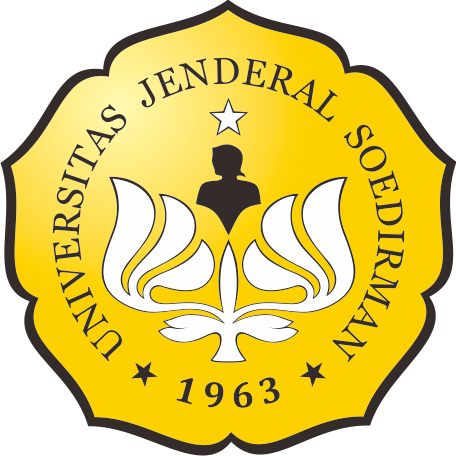APPLICATION OF PROTEASE ENZYMES IN PROTEIN UTILIZATION AT GROWTH OF WHITE SNAPPER FISH (Lates calcalifer)
Abstract
White Kakap (Lates calcalifer) is a superior commodity and has a high nutritional value. Growth factors are hampered by the ineffectiveness of the digestive process. Protease is an enzyme capable of hydrolyzing peptide bonds in proteins. Feed is a factor that predominantly affects the growth of fish because feed serves as a supplier of energy to support growth. Protein digestion in aquatic animals requires proteases as a catalyst. Enzymes that play an important role in the process of protein digestion are proteases. The purpose of this study is to examine the effect of adding different protease enzymes to artificial feed on the efficiency of protein utilization in the growth of white snapper (Lates calcalifer). The results of this study are expected to provide information about the importance of protease enzyme application in artificial feed in increasing protein hydrolysis, so that protein can be easily utilized by the body of white snapper (Lates calcalifer). The cultivars tested were white snapper (Lates calcalifer). The cultivation comes from intensively cultivated Lampung with an average weight of 6.5 ± 0.44 g / tail with a length ranging from 4-5 cm, as many as 75 heads. The research method is experimental laboratories using Completely Randomized Design (RAL). The tested feed was in the form of artificial feed with protein content of 40% and different protease dosage. The tested treatment was A feed (0.0% Protease enzyme from artificial feed weight), B (0.05% Protease enzyme from artificial feed weight), C (0.1% Protease enzyme from artificial feed weight), D (0 , 15% Protease enzyme from artificial feed weight), E (0.2% Protease enzyme from artificial feed weight). The ingredients of white snapper fish feed consist of fish meal, corn flour, soybean meal, shrimp flour, fish oil, corn oil, CMC / wheat flour, minerals and vitamins. Research data obtained for 40 days using analysis of variance (anova). If there is a real effect on the treatment then Duncan multiple area test is done. The result of this research indicated that the giving of protease 0,2% in artificial feed with protein 40% able to produce feed consumed Kakap Putih 43,43 ± 0,13 g, FCR 0,35 ± 0,002, Feed Pureness equal to 67,9 ± 1.23%, Protein Digestibility 98.25 ± 0.03%, Protein Retention 68.8 ± 0.23%, PER 7.97 ± 0.04, Fat Retention 0.6 ± 0.005%, E / P 4, 6 cal / g, thus giving effect on Specific Growth (SGR) 6.032 ± 0.17% and Length 8.3 ± 0.2 cm.
Article Reads
Total: 960 Abstract: 960Refbacks
- There are currently no refbacks.

This work is licensed under a Creative Commons Attribution-ShareAlike 4.0 International License.
This website is maintained by:
Bio Publisher
The Faculty of Biology Publishing
Faculty of Biology
Universitas Jenderal Soedirman
Jalan dr. Suparno 63 Grendeng
Purwokerto 53122
Telephone: +62-281-625865
Email: biologi@unsoed.ac.id
T his website uses:
OJS | Open Journal System
A free journal management and publishing system that has been developed by the PKP (Public Knowledge Project) version 2.4.8.0.
All article content metadata are registered to:
Crossref
An official nonprofit Registration Agency of the International Digital Object Identifier (DOI) Foundation.
Articles in this journal are indexed by:









